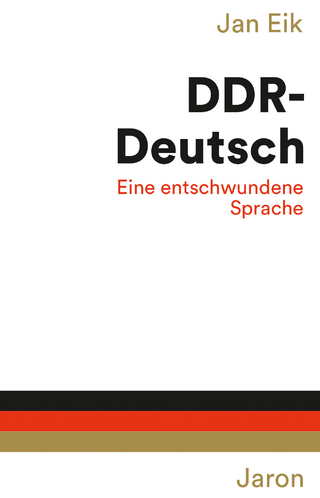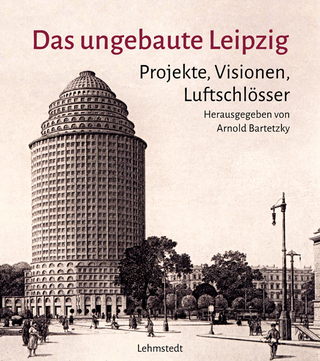
The French Historical Revolution
Annales School, 1929-1989
Seiten
1990
|
2nd Revised edition
Stanford University Press (Verlag)
978-0-8047-1836-3 (ISBN)
Stanford University Press (Verlag)
978-0-8047-1836-3 (ISBN)
- Titel erscheint in neuer Auflage
- Artikel merken
Zu diesem Artikel existiert eine Nachauflage
A remarkable amount of the most innovative, significant, and lasting historical writing of the twentieth century has been produced in France, much of it the work of a group of historians associated with the journal Annales. Founded in 1929, Annales promoted a new kind of history based on three central aims: to substitute a problem-orientated analytical history for a traditional narrative of events; to embrace the history of the whole range of human activities rather than concentrate on political history; and, in order to achieve the first two aims, to collaborate fully with other disciplines - notably geography, sociology, psychology, economics, linguistics, and anthropology. The critical history describes, analyzes, and evaluates the achievements of the Annales school, combining chronological and thematic approaches. The author distinguishes three generations in the history of the Annales movement. In the first phase, from the 1920's to 1945, the movement was small, radical, and subverse, fighting a guerrilla action against traditional political history and the history of events. Its leaders, and the founders of Annales, were Lucien Febvre and Marc Bloch.
After the Second World War, the movement's rebels took over the historical establishment. During this second phase, which lasted until about 1968, the movement was most nearly a school, with distinctive concepts and methods, and was presided over by the towering figure of Fernand Braudel. The third phase of the movement, which continues today, is marked by fragmentation. Its influence in France had become so great that it lost much of its distinctiveness, and no strong figures appeared to give the movement the inspiration and direction that Febvre, Bloch, and Braudel had provided. Some members of the group even returned to political history and to the narrative of events. The cycle was complete - the rebels became the establishment and were in turn rebelled against.<
After the Second World War, the movement's rebels took over the historical establishment. During this second phase, which lasted until about 1968, the movement was most nearly a school, with distinctive concepts and methods, and was presided over by the towering figure of Fernand Braudel. The third phase of the movement, which continues today, is marked by fragmentation. Its influence in France had become so great that it lost much of its distinctiveness, and no strong figures appeared to give the movement the inspiration and direction that Febvre, Bloch, and Braudel had provided. Some members of the group even returned to political history and to the narrative of events. The cycle was complete - the rebels became the establishment and were in turn rebelled against.<
Acknowledgements; Introduction; 1. The old historiographical regime and its critics; 2. The founders: Lucien Febvre and Marc Bloch; 3. The age of Braudel; 4. The third generation; 5. The Annales in global perspective; Glossary; Notes; Bibliography; Index.
| Reihe/Serie | Key Contemporary Thinkers |
|---|---|
| Verlagsort | Palo Alto |
| Sprache | englisch |
| Maße | 143 x 221 mm |
| Gewicht | 322 g |
| Themenwelt | Geisteswissenschaften ► Geschichte |
| ISBN-10 | 0-8047-1836-9 / 0804718369 |
| ISBN-13 | 978-0-8047-1836-3 / 9780804718363 |
| Zustand | Neuware |
| Haben Sie eine Frage zum Produkt? |
Mehr entdecken
aus dem Bereich
aus dem Bereich
eine kleine Soziologie des Heavy Metal
Buch | Softcover (2023)
Kohlhammer (Verlag)
20,00 €
Projekte, Visionen, Luftschlösser
Buch | Hardcover (2023)
Lehmstedt Verlag
30,00 €



